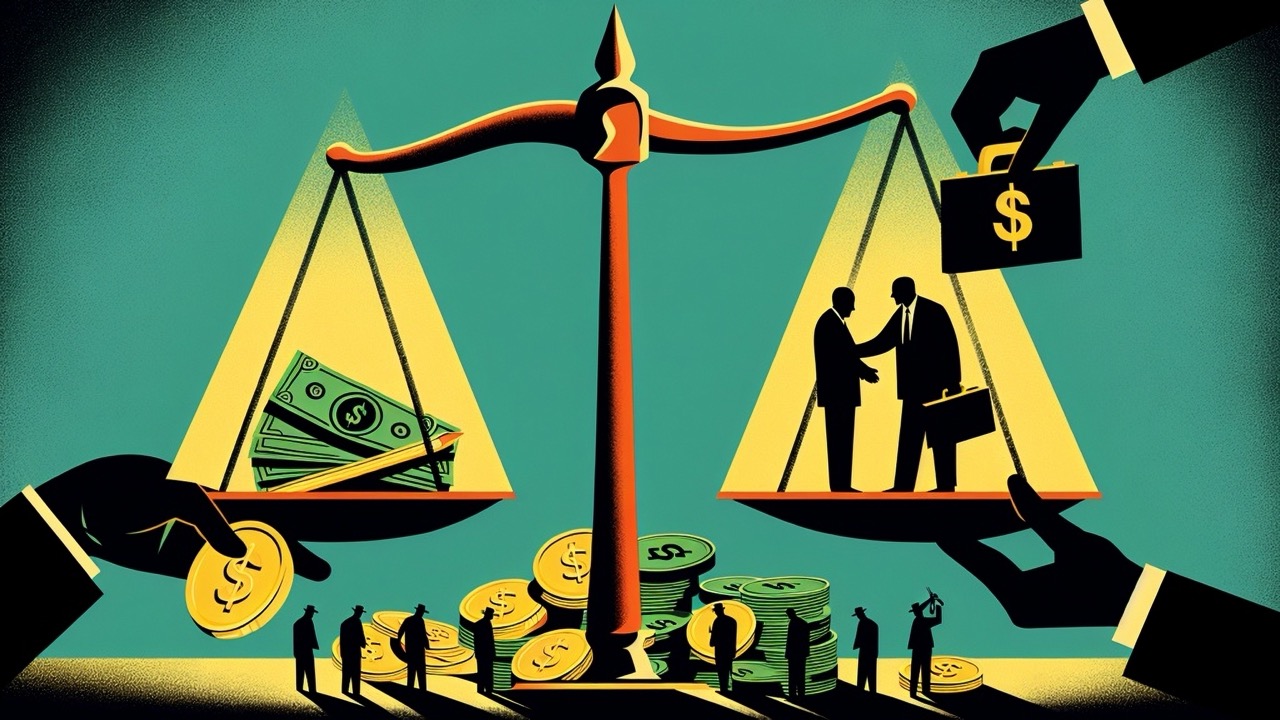Bridging the illicit finance gap in the Global South
The G20’s Johannesburg Summit can help bridge the illicit finance gap between the Global South and the Global North to build sustainable resilience. Geopolitical instability, resource-strapped authorities and inconsistent enforcement in many Global South countries create a rich playground for criminals to exploit cash-driven societies and the acceleration of digital finance. With weak anti-money laundering frameworks or limited implementation, most countries on the grey list maintained by the Financial Action Task Force – which sets the global standards for anti-money laundering and counter terrorist financing – are in the Global South. The effects of profit-generating crimes and corruption are devastating, impeding social progress, fomenting poverty, and driving human harm and atrocities.
Although Global South countries are often source and transit countries for money laundering, forms and costs of crime and corruption vary. Africa leaks $587 billion of capital each year, with a significant portion linked to money laundering and tax evasion. Common crimes include corruption (including government-issued memecoins and crypto-assets), timber and critical minerals smuggling, wildlife trafficking, human trafficking, modern slavery and fraud. Precious stones and metals – like cash, difficult to trace – are used as alternative currencies to finance drug and arm trafficking and fund terrorist groups. Technology-enabled crimes and fraud are increasing, with artificial intelligence lowering the costs of attacks and widening the net of victims in emerging markets through attacks that are increasingly personalised and culturally sensitive.
In Latin America, $400 billion is laundered annually through corruption, human and drug trafficking, and tax evasion – funding political violence, organised crime groups and the production of synthetic drugs, including methamphetamine, fentanyl and other highly addictive opioids. In East and Central Asia and the Middle East, cyberscams are rising, as is trade-based money laundering driven by high tariffs and commodity shortages, the misuse of decentralised finance, and trafficking in arms, counterfeit goods and pharmaceuticals.
Tackling the challenge
Governments in the Global South have been working to enhance their laws and regulations and devoting resources to manage the risks they face. Of note are decisions to establish beneficial ownership registries and extend anti-money laundering and counter terrorist financing measures to virtual asset service providers, real estate agents, precious metals and stones dealers, lawyers, accountants, company formation agents, and nominee shareholders and directors.
Countries in the Global South have also supported global asset tracing and recovery efforts through increased law enforcement collaboration, resulting in billion-dollar asset seizures. Interpol’s Operation Serengeti 2.0 led to the arrest of over 1,000 criminals and dismantled over 11,000 malicious infrastructures (including crypto mining centres and hijacked power stations), which had affected over 88,000 victims worldwide. It also led to the recovery of $97.4 million across 18 African countries.
To address the knowledge gap in low-capacity countries, the FATF works with partners to mobilise resources, strengthen policy effectiveness and share knowledge. The FATF has revised its risk-based guidance to address de-risking linked to high compliance costs and promote financial inclusion. The AML market is projected to exceed $75 billion by 2030, with firms in Global North countries such as the United Kingdom spending £21,400 per hour to fight financial crime. Likewise, although some major donor countries have reduced funding, others have increased support for capacity building in Global South countries to enhance measures against money laundering, corruption, and terrorist and proliferation financing. The African Development Bank and the Southern Africa Anti-Money Laundering Group recently signed a $5.2 million agreement to fund a three-year project to support risk assessments, develop strategies and strengthen institutional capacity in order to address structural fragility and build long-term resilience.
Building momentum
This support is essential to helping countries make progress in tackling crime and corruption. G20 leaders can bolster it at the Johannesburg Summit in the following ways:
- Break down barriers to AML/CFT effectiveness by encouraging countries to address technology infrastructure and data governance gaps;
- Commit funding to ensure that sufficient resourcing and capacity building are available to develop and implement effective AML/CFT measures;
- Call for countries to have independent law enforcement agencies, increase cross-border collaboration and lower barriers to timely mutual legal assistance;
- Encourage spontaneous cross-border intelligence and information sharing between Global North and Global South countries, among public-private partnerships and among private-to-private firms to tackle fraud and illicit financial flows;
- Endorse the FATF standards on payment transparency, which also call for using new technologies to protect against fraud;
- Provide an enabling environment to support the creation of low-cost or open-source AML/CFT technology that is accessible, culturally sensitive and affordable in Global South countries;
- Promote policy harmonisation and the adoption of data protection principles under the G20 Roadmap for Enhancing Cross-Border Payments;
- Explore the expansion of existing commodity and asset traceability initiatives along the supply chain, leveraging emerging technologies (such as blockchain); and
- Commit to applying arm’s-length principles and ethical walls to manage perceived conflicts between business interests and the public life of public officials.












